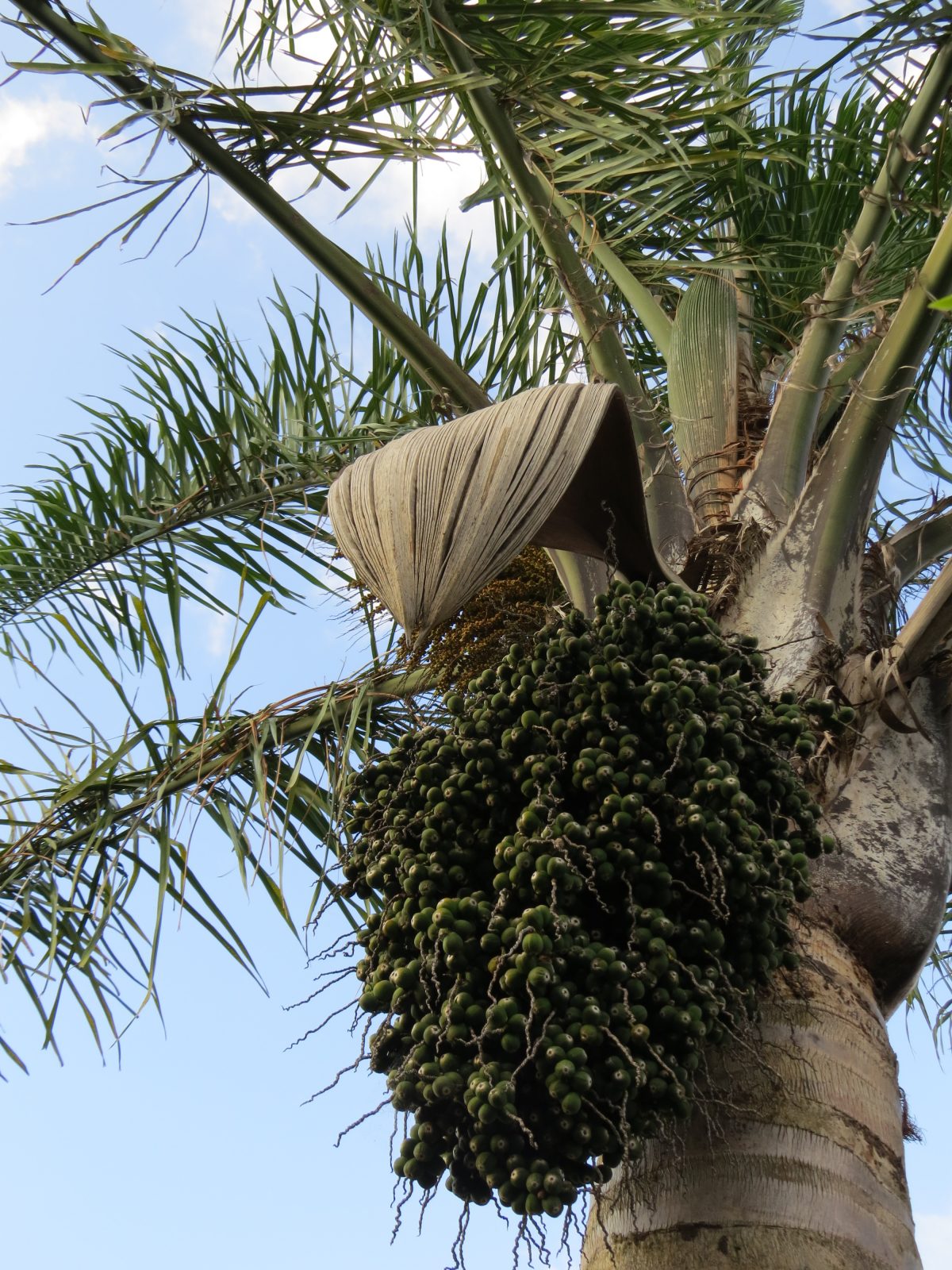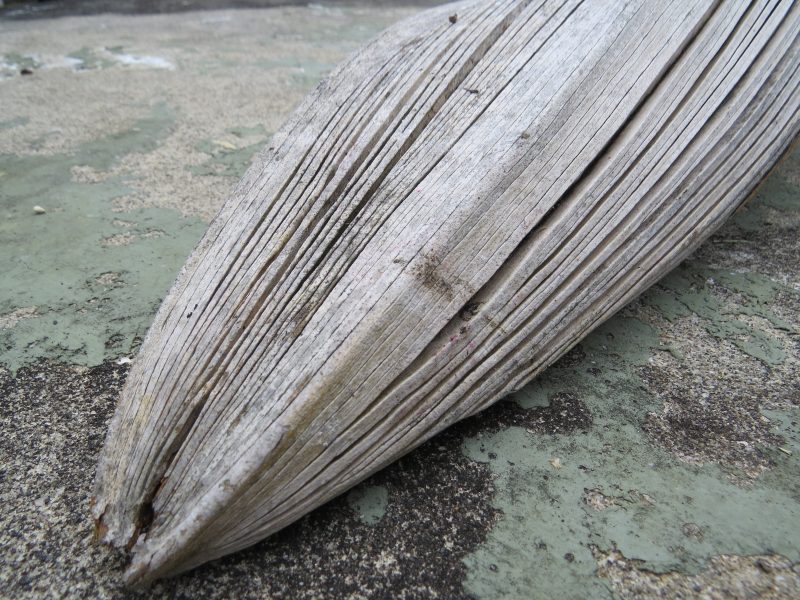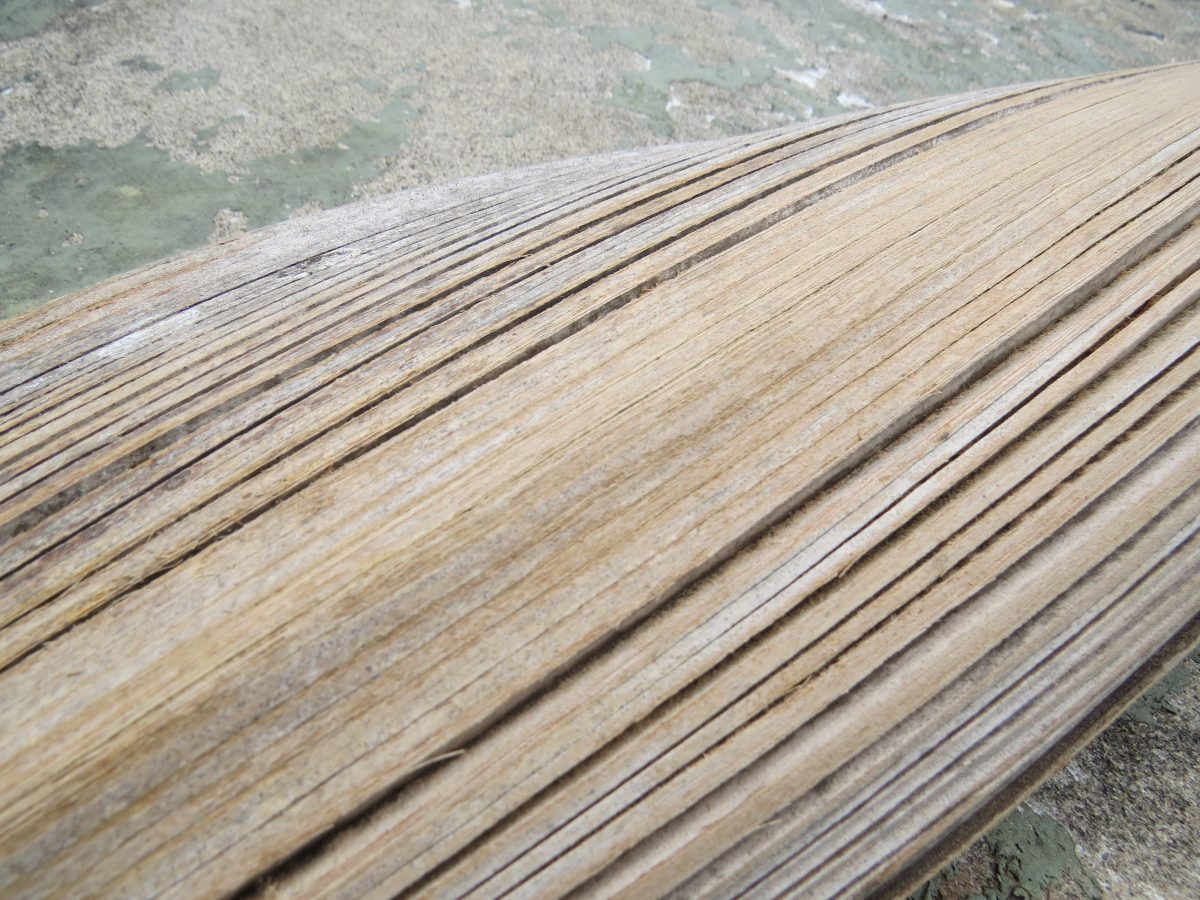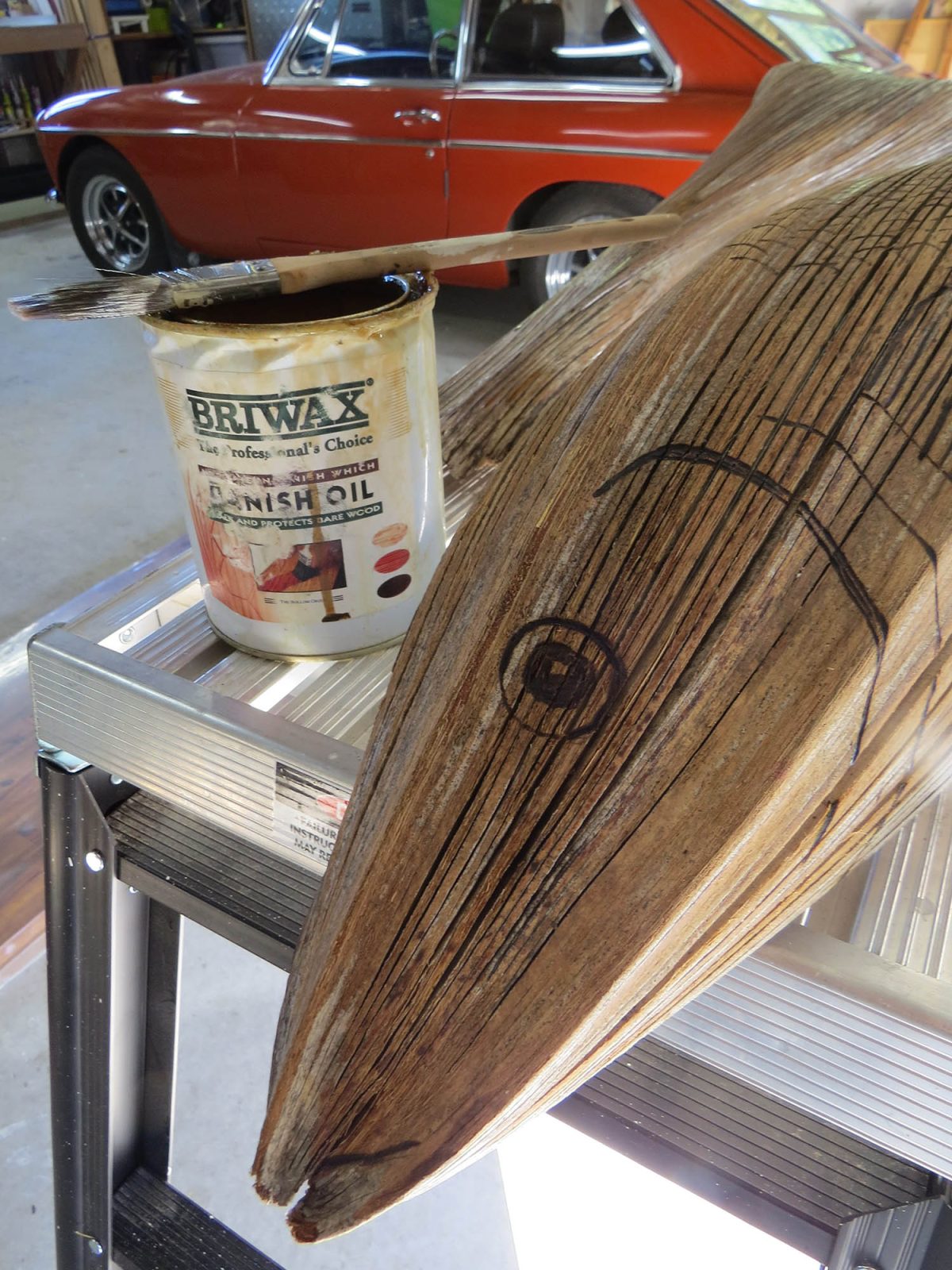Our beautiful native Nikau palms are gorgeous. While naturally their fronds fall onto the native forest floor adding to the flora and fauna, they only add to a gardener’s frustration when they fall in the backyard.
Why? Frowned upon by most ‘green skip’ operators, similar to flax, Nikau fronds are hardy and near impossible to compost at the rate of other green organics. Once dried they resemble more wood than greenery.
Typically ‘Green waste only’ – Garden and tree cuttings, fresh grass. (No Cabbage tree leaves, flax and flax-type leaves, tree stumps, toi tois, soil, sand, wet compost or rubbish).
Looking like a green feather duster, Nikau palms have a distinctive look and tower some 10-15 metres overhead. Glorious palms! The outer part of the fronds that hug the trunk are smooth, green and bulbous; overlapping the next perfectly like the outer leaves of a cabbage, to encircle the tree. As each mature fronds dies, dries and falls away it leaves a circular scar on the trunk. The seed pod itself is stunning and sits cocooned until ready to bloom — and once in flower, the bright red berries bring in the tui. The pod around it dries and over time too falls to the ground.


 Nïkau palms have always had importance to Maori. Leaves were used to thatch houses, wrap food before cooking and woven into mats and baskets. The woody base was used for storage containers and pots. The berries were eaten when green or used as necklaces (and sometimes bullets) when dried. Even the immature flower is edible (cooked and eaten like cauliflower).
Nïkau palms have always had importance to Maori. Leaves were used to thatch houses, wrap food before cooking and woven into mats and baskets. The woody base was used for storage containers and pots. The berries were eaten when green or used as necklaces (and sometimes bullets) when dried. Even the immature flower is edible (cooked and eaten like cauliflower).
But disposing of dried fronds is near impossible in the city. They don’t decompose like other organic matter. They are strong, wood-like and will need a small handsaw to reduce to smaller chunks. *Light bulb moment* To me I saw an art opportunity.
With a little imagination the base of each leaf looked like an oversized nose while the flower pod looked like fish, don’t you think?
While yet to attack ‘the nose’ so to speak, I have had fun experimenting with the ‘fish’.
Preparing Nikau for Arts & Crafts
SAND: These sturdy wooden pods are tough enough to handle a detail sander to scuff off the grey, older wood and refine any areas prone to splintering. If intending to paint or varnish, I’d definitely recommend sanding the outside surface first.
DOODLE: Time to heat the soldering iron to burn in my doodle art. I’ve yet to experiment with paint but will do and report back!
FINISH: To help feed the wood, I used Danish Oil. If painting, varnish may help retain your vivid colours and help bring out more beautiful colour in the nikau itself.


 Simple material, fun art! Hanging on the wall already.
Simple material, fun art! Hanging on the wall already.





March 27, 2024
Just cut some tusks up for the fireplace. Very tough.